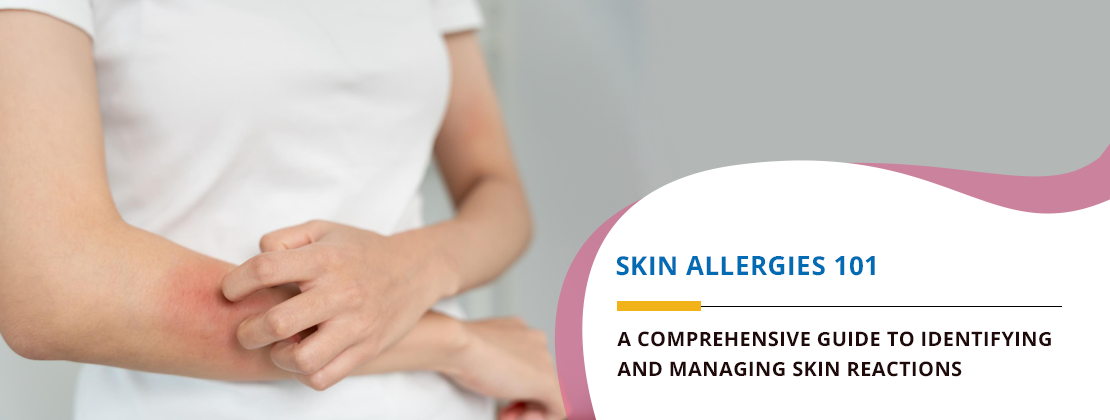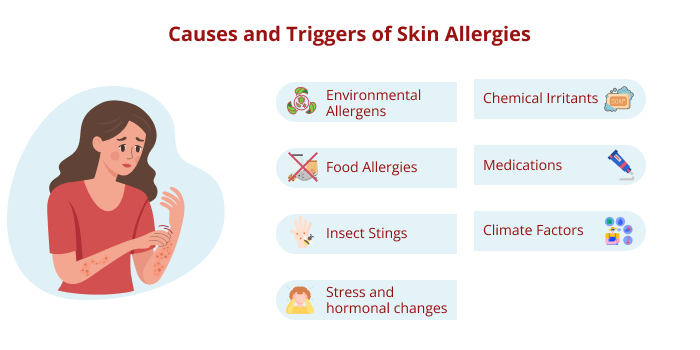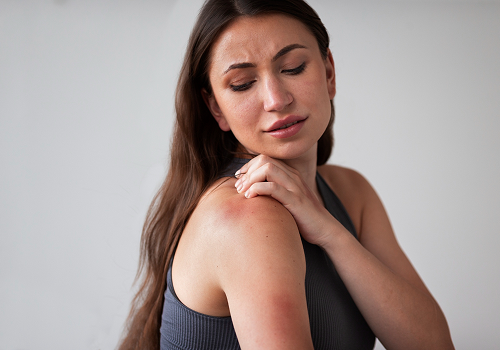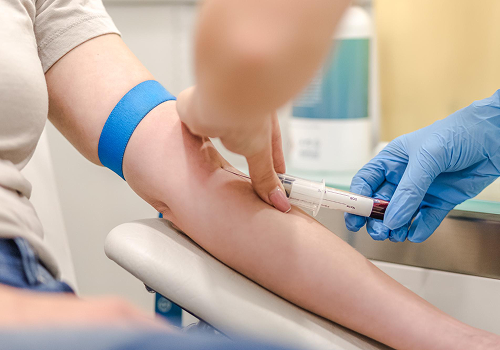
Home / Blog / Skin Allergies 101: A Comprehensive Guide to Identifying and Managing Skin Reactions
Our skin acts as a protective barrier against environmental factors, but it is also susceptible to allergic reactions. Skin allergies happen if there is an excessive response by the immune system towards certain substances, and this may cause the skin to become red, itchy, swollen, or irritated.
It is important to identify and comprehend various skin allergy types so that they can be controlled properly and treated effectively.
This guide explores common skin allergies, their causes, symptoms, and the best skin allergy medicine options to help you maintain healthy skin.
This kind of skin allergy happens if the skin touches something to which it is allergic. Common triggers include:
Symptoms:
Eczema is a chronic skin disease related to dermatitis and bronchial asthma that usually starts during infancy but can persist into adulthood.
Symptoms:
Hives are raised, red, itchy welts or bumps on the skin that appear suddenly and are often triggered by allergens such as:
Although not directly an allergy, psoriasis can be triggered by allergens, infections, and stress. It leads to the overproduction of skin cells, causing scaling and inflammation.
Symptoms:
The condition results in significant oedema or swelling in subcutaneous tissues, especially the periorbital, perioral, and neck. Angioedema is commonly accompanied by welts and may result from anaphylaxis, food allergies, insect bites, or medications. It may progress to asphyxia, necessitating emergency treatment.

Skin allergies develop when the immune system mistakenly identifies a harmless substance as a threat. Common triggers include:

Recognising skin allergy signs can help in early diagnosis and management. Common symptoms include:

If you experience persistent or severe skin allergies, it’s crucial to consult a specialist.
If you are looking for the best skin specialist in India, please visit HCG Hospitals, a leading multispeciality hospital that is equipped to offer comprehensive dermatological services.
The diagnosis process includes:
A dermatologist will assess the affected area and ask about exposure to potential allergens.
This test involves applying small amounts of allergens to the skin to identify the cause of an allergic reaction.
A blood test may be conducted to check for elevated immunoglobulin E (IgE) levels, which indicate an allergic response.
This test involves pricking the skin with different allergens to observe reactions.
Preventing skin allergies involves avoiding known triggers and taking good care of your skin. Follow these tips:
Skin allergies may cause discomfort, but they can be controlled well if diagnosed, treated, and prevented properly. Skin allergies can be greatly improved by learning about different skin allergy medicines, recognising skin allergy signs, and taking suitable skin allergy medicine. If your symptoms persist, seeking advice from a skin specialist in India is essential for long-term relief. By adopting a proactive approach, individuals can lead a comfortable, allergy-free life and maintain healthy skin.
HCG Hospitals, which is a leading multispeciality hospital in India, offers comprehensive dermatology services in all its hospitals located in Ahmedabad, Bhavnagar, Rajkot, and Hubli.